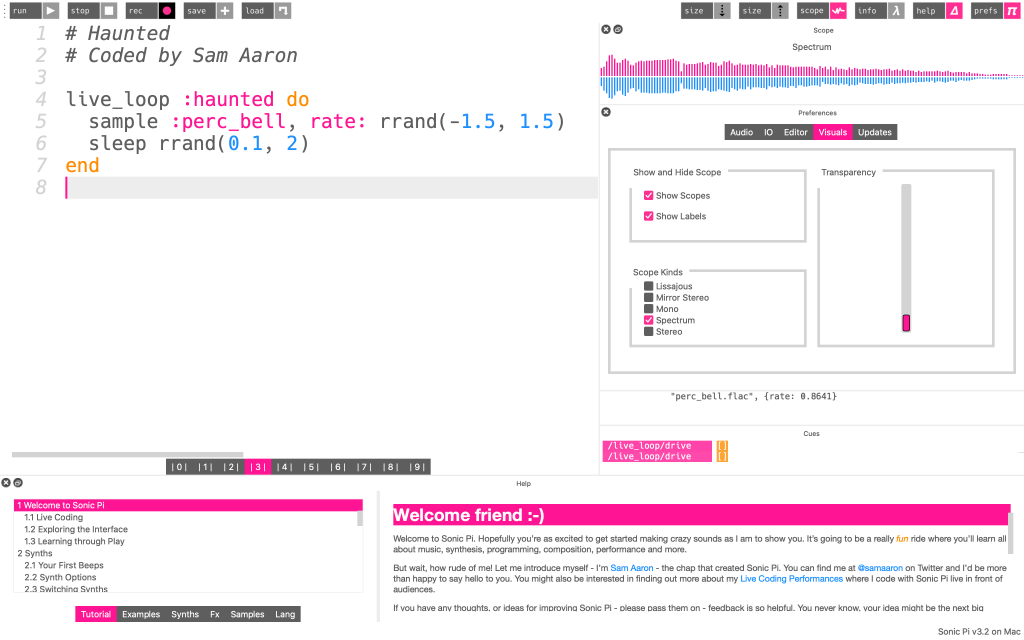 New! LibreOffice 7.0.0 was released last week and I built packages for Slackware-current.
New! LibreOffice 7.0.0 was released last week and I built packages for Slackware-current.
The release announcement gives a concise overview of the new features and enhancements all over the board – among which a much improved support for Microsoft Office document file formats. I will not repeat all of that here on the blog, so please check out the content behind above link.
Amazing that even with several big companies driving the development of this Open Source office suite, still 26% of LibreOffice’s code contributions come from non-corporate individuals.
LibreOffice and KDE Plasma5
The libreoffice.SlackBuild script is now defaulting to building KDE5 (aka Plasma5) support. It will generate errors if you try to compile on a system that does not have KDE Frameworks5 and libdbus-qt5 installed. See the README.kde5 in the source: you can get all of them from my ‘ktown‘ repository.
Or, if you do not want to install KDE5 components, you set the value of the “ADD_KDE5” variable in the script to “NO”.
Note that you can safely install the KDE support package on a system that does not have any trace of KDE; it will simply do nothing.
Java support dropped from the libreoffice Slackware package
One caveat with the new packages is that to build Java support into them, one will need Oracle JDK 9 or higher. I do not have OpenJDK 9 or higher in my repositories and I will not, until IcedTea adds support for these versions. Until then, I stick with Java 8 and that means I had to disable Java support in the libreoffice packages that I compile from source. There’s a new variable in the libreoffice.SlackBuild script, “USE_JAVA“, and it defaults to “NO”. If you want to recompile the packages adding Java support, get a recent enough JDK from Oracle and be sure to also install Apache Ant.
From ??the LibreOffice Wiki page:
What is Java used for in LibreOffice?
LibreOffice is written primarily in C / C++, a language that generates programs called “native” designed for specific platforms. There are versions for Windows, Linux or Solaris, but not for all three at the same time. However, some modules can be written in other languages, including Java.
Specifically, currently (as of version 6.3) at least these components/functionality require Java:
- HSQLDB (optionally used for embedded database in Base; default is Firebird that doesn’t depend on Java)
- JDBC
- Some wizards (particularly, Table/Query/Form/Report Wizards in Base)
- ReportBuilder (used to generate actual reports from report templates in Base)
- Non-Linear solvers built-in extension (DEPS and SCO) in Calc (there is an experimental Swarm solver that doesn’t depend on Java)
- MediaWiki extension (Wiki Publisher)
- Support for scripts and extensions written in Java/Beans
I hope none of you are in dire need of this functionality, in that case I would suggest installing the official binaries from the Document Foundation and a Oracle JDK (or JRE) version 9 or higher.
Also, this is a .0.0 release – do you feel that you can use this release as your daily driver? Should I make the previous 6.4.5 available somehow (not that I would like that)? Note that these packages are available only for Slackware-current anyway, and that is a testing ground already.
Eric



Recent comments